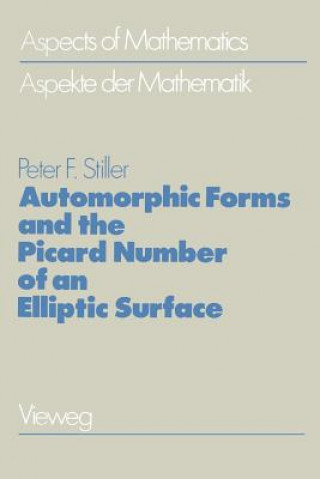
Code: 02076823
Automorphic Forms and the Picard Number of an Elliptic Surface
by Peter F. Stiller
In studying an algebraic surface E, which we assume is non-singular and projective over the field of complex numbers t, it is natural to study the curves on this surface. In order to do this one introduces various equivalence rela ... more
- Language:
 English
English - Binding: Paperback
- Number of pages: 194
Publisher: Springer Fachmedien Wiesbaden, 2012
- More about this

58.78 €

Low in stock at our supplier
Shipping in 10 - 14 days
Potřebujete více kusů?Máte-li zájem o více kusů, prověřte, prosím, nejprve dostupnost titulu na naši zákaznické podpoře.
Add to wishlist
You might also like
-

Fundamentals of Combustion Processes
84.74 € -

Causes and Control of Colorectal Cancer
230.01 € -
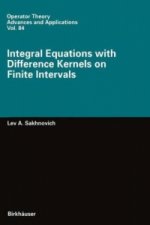
Integral Equations with Difference Kernels on Finite Intervals
90 € -

In the Temple of the Self
66.46 € -

Fatal Jealousie (1673)
21.51 € -
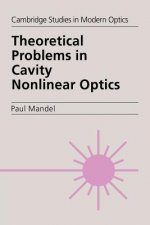
Theoretical Problems in Cavity Nonlinear Optics
48.88 € -

Čítanka 5
17.36 €
Give this book as a present today
- Order book and choose Gift Order.
- We will send you book gift voucher at once. You can give it out to anyone.
- Book will be send to donee, nothing more to care about.
More about Automorphic Forms and the Picard Number of an Elliptic Surface
You get 147 loyalty points
 Book synopsis
Book synopsis
In studying an algebraic surface E, which we assume is non-singular and projective over the field of complex numbers t, it is natural to study the curves on this surface. In order to do this one introduces various equivalence relations on the group of divisors (cycles of codimension one). One such relation is algebraic equivalence and we denote by NS(E) the group of divisors modulo algebraic equivalence which is called the N~ron-Severi group of the surface E. This is known to be a finitely generated abelian group which can be regarded naturally as a subgroup of 2 H (E,Z). The rank of NS(E) will be denoted p and is known as the Picard number of E. 2 Every divisor determines a cohomology class in H(E,E) which is of I type (1,1), that is to say a class in H(E,9!) which can be viewed as a 2 subspace of H(E,E) via the Hodge decomposition. The Hodge Conjecture asserts in general that every rational cohomology class of type (p,p) is algebraic. In our case this is the Lefschetz Theorem on (I,l)-classes: Every cohomology class 2 2 is the class associated to some divisor. Here we are writing H (E,Z) for 2 its image under the natural mapping into H (E,t). Thus NS(E) modulo 2 torsion is Hl(E,n!) n H(E,Z) and th 1 b i f h -~ p measures e a ge ra c part 0 t e cohomology.
 Book details
Book details
Book category Books in English Technology, engineering, agriculture Technology: general issues Engineering: general
58.78 €
- Full title: Automorphic Forms and the Picard Number of an Elliptic Surface
- Author: Peter F. Stiller
- Language:
 English
English - Binding: Paperback
- Number of pages: 194
- EAN: 9783322907103
- ISBN: 3322907104
- ID: 02076823
- Publisher: Springer Fachmedien Wiesbaden
- Weight: 320 g
- Dimensions: 235 × 155 × 10 mm
- Published: 2012
Trending among others
-

Autonomous Sumo Robot
62.62 € -1 % -

C++ Programming Language, The
75.96 € -13 % -

Designing Valve Preamps for Guitar and Bass, Second Edition
45.35 € -
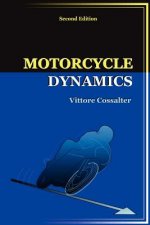
Motorcycle Dynamics
51.10 € -

Engineering: A Very Short Introduction
9.28 € -28 % -
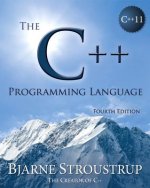
C++ Programming Language, The
74.74 € -10 % -

Designing High-Fidelity Valve Preamps
50.20 € -1 % -

Prayer Before Dawn
9.28 € -28 % -
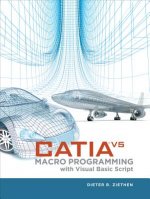
CATIA V5
147.78 € -

Complete Book of Locks and Locksmithing, Seventh Edition
33.83 € -24 % -
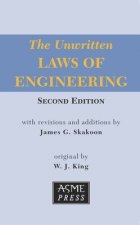
Unwritten Laws of Engineering
17.47 € -

Exercises in Functional Safety
15.45 € -2 % -

SpaceX
23.43 € -24 % -
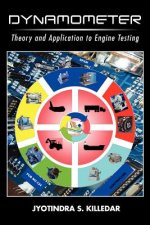
Dynamometer
25.65 € -

Oil and Gas Production Handbook: an Introduction to Oil and Gas Production, Transport, Refining and Petrochemical Industry
20.19 € -1 % -

Applied Minds - How Engineers Think
21.81 € -22 % -

TRIZ for Engineers - Enabling Inventive Problem Solving
86.06 € -6 % -
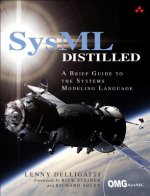
SysML Distilled
36.66 € -
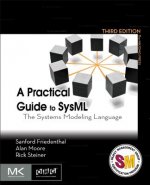
Practical Guide to SysML
72.72 € -
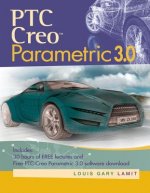
PTC Creo (TM) Parametric 3.0
111.51 € -

Practical Reverse Engineering: x86, x64, ARM, Windows Kernel, Reversing Tools, and Obfuscation
50.70 € -8 % -

101 Things I Learned in Engineering School
15.95 € -21 % -
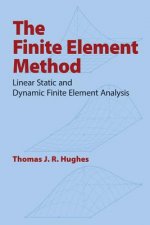
Finite Element Method
30.90 € -23 % -

C++ in One Hour a Day, Sams Teach Yourself
34.64 € -23 % -

Existential Pleasures of Engineering
16.05 € -24 % -

Works
23.63 € -15 % -
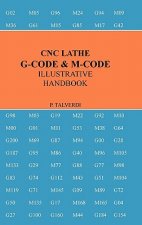
Cnc Lathe G-Code & M-Code Illustrative Handbook
52.92 € -
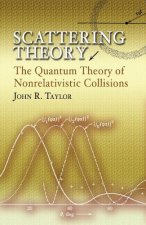
Scattering Theory
21.10 € -24 % -

F-14 Tomcat Pilot's Flight Operating Manual Vol. 1
36.66 € -
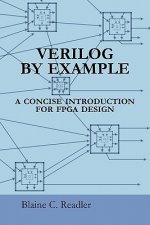
Verilog by Example
21.61 € -
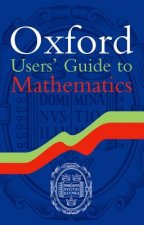
Oxford Users' Guide to Mathematics
79.90 € -5 % -
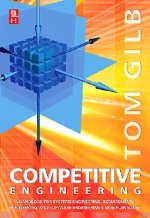
Competitive Engineering
52.82 € -5 % -

F-14 Tomcat Pilot's Flight Operating Manual Vol. 2
34.94 € -2 % -
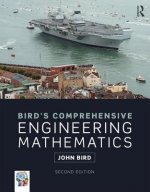
Bird's Comprehensive Engineering Mathematics
71.71 € -5 % -
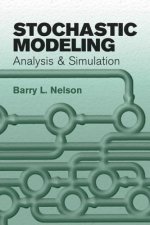
Stochastic Modeling
14.44 € -31 % -

Classic Heathkit Electronic Test Equipment
20.60 € -1 % -

Race Car Technology Full Course
131.01 € -1 % -

Engineers
27.37 € -22 % -

Engineer's Guide to Solving Problems
16.96 € -19 % -
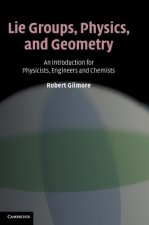
Lie Groups, Physics, and Geometry
113.43 € -

Elements of Clojure
25.85 € -

Aircraft System Identification
106.97 € -2 % -
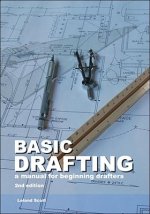
Basic Drafting
30.90 € -23 % -

Encyclopaedia of Famous Clock and Watchmakers - Details of Famous and World Renowned Watch and Clock Makers
34.03 € -2 % -
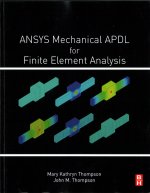
ANSYS Mechanical APDL for Finite Element Analysis
122.73 € -
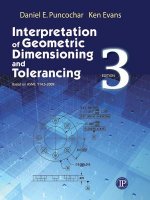
Interpretation of Geometric Dimensioning and Tolerancing
49.49 € -23 % -

Autonomous Maintenance in Seven Steps
75.96 € -

Aircraft Communications and Navigation Systems
66.46 € -4 % -

Modern Fortran
119.29 €
Collection points Bratislava a 2642 dalších
Copyright ©2008-24 najlacnejsie-knihy.sk All rights reservedPrivacyCookies


 15549 collection points
15549 collection points Delivery 2.99 €
Delivery 2.99 € 02/210 210 99 (8-15.30h)
02/210 210 99 (8-15.30h)